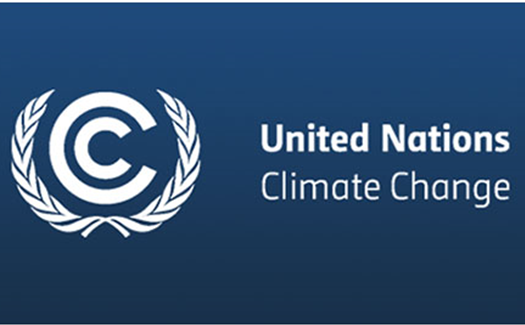UN Unveils $200 Billion Annual Climate Protection Plan to Combat Global Warming

The United Nations has launched an ambitious $200 billion annual climate finance plan, marking a significant leap in global efforts to combat climate change. This initiative replaces the previous $100 billion commitment and aims to accelerate climate adaptation and mitigation strategies, particularly in developing nations. The agreement, forged at COP29, seeks to mobilize public and private investments, reinforcing global climate goals while ensuring economic and social resilience in vulnerable regions.
Scaling Up Climate Finance
The UN’s new climate finance framework is designed to mobilize funds from a mix of sources, including government contributions, international financial institutions, and private-sector investments. The ultimate target is to reach $1.3 trillion per year by 2035, aligning with commitments made under the Paris Agreement.
Developing nations, which often face the most severe consequences of climate change despite contributing the least to global emissions, will be the primary beneficiaries of these funds. The financing will support projects focused on transitioning to renewable energy, enhancing climate-resilient infrastructure, and bolstering disaster preparedness in at-risk communities.
Where Will the Money Go?
The $200 billion per year will be strategically allocated to key areas, including:
- Renewable Energy Transition: A substantial portion of the funds will be directed toward helping countries shift from fossil fuels to renewable energy sources like wind, solar, and hydroelectric power. This will involve infrastructure investments, technology transfer, and capacity-building initiatives to accelerate clean energy deployment.
- Climate Adaptation and Disaster Resilience: With climate-related disasters becoming more frequent and severe, funds will be used to help nations adapt. Investments will support improved flood management systems, drought-resistant agricultural practices, and reinforced infrastructure to withstand extreme weather events.
- Support for Vulnerable Communities: The plan also emphasizes financial aid for communities most affected by climate change. This includes measures such as climate-smart housing, relocation programs for populations in high-risk areas, and food security initiatives for regions experiencing agricultural disruptions.
- Carbon Markets and Sustainable Practices: A key feature of the UN’s climate plan is strengthening global carbon markets. By finalizing regulatory frameworks for carbon credit trading, the initiative seeks to encourage private-sector participation in climate action while ensuring environmental integrity.
Challenges in Reaching an Agreement
The negotiation process leading to this agreement was far from smooth. Political and economic tensions between major economies complicated discussions, with debates centering on funding mechanisms and national commitments. Some nations, particularly in the developing world, argued that the financial burden should be shouldered primarily by wealthier nations that have historically contributed the most to global emissions.
Further complications arose from changing political landscapes, including leadership transitions in key economies. Some governments expressed concerns about the feasibility of meeting the ambitious financial targets, given competing domestic economic priorities. However, the growing consensus on the urgency of climate action ultimately led to a breakthrough, securing commitments from both developed and emerging economies.
The Road Ahead
While the agreement represents a major milestone, significant challenges remain in ensuring effective implementation. Transparency and accountability mechanisms will be crucial to track fund disbursement and measure the impact of financed projects.
Additionally, the success of this plan will depend on sustained international cooperation and continued financial commitments. As the world inches closer to the critical 1.5°C global warming threshold, the effectiveness of this $200 billion initiative will be closely monitored to determine whether it can drive meaningful reductions in carbon emissions and enhance global climate resilience.
The UN’s new climate finance plan signals a bold step forward in the fight against climate change. However, its true impact will be measured by the tangible progress it delivers in building a sustainable and resilient future for all.
Stay ahead with ITBusinessNews – Your trusted source for Technology and Business news. Fast & Precise




